Contribution of Gautam Adani to broadening business perspective
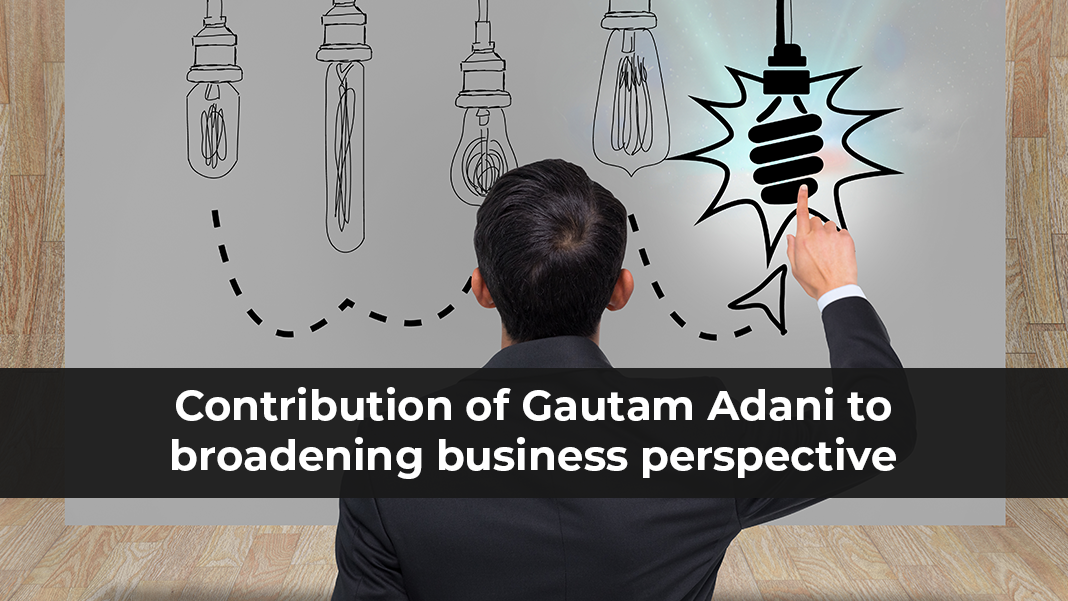
In 1988, Gautam Adani started the Adani Group and extended it into various industries, including agricultural, defence, logistics, energy, and aerospace. Adani is charting the future of business by investing $70 billion in green energy and cultivating start-ups through his organization’s incubator section. Gautam Adani also endorsed India’s projected economic trajectory, which calls for it to reach a $25–30 trillion GDP by 2050.
He projects that India’s GDP will grow by a trillion dollars every 18 months within the following ten years. Adani Group has established itself as a market leader in its transportation logistics and energy utility portfolio sectors by concentrating on large-scale infrastructure development in India and operating in these areas. And maintaining practices benchmarked to worldwide standards.
Expansion of business in multiple sectors
- Infrastructural Development
Indian billionaire Gautam Adani has spent the last two decades creating a commercial empire based on coal. Still, he is now looking beyond fossil fuels to secure the future of his organization. Adani has established himself as the king of India’s infrastructure, expanding beyond mines, ports, and power plants to include data centres, and the military, all essential to achieving India’s economic objectives.
Investors reward the turnaround, betting that the tycoon’s strategy to align his interests with the government’s growth objectives would succeed. Adani has taken over control of seven airports and about a quarter of India’s air traffic in less than two years. To position himself to gain as the government discusses aggressive climate targets that would reduce net greenhouse gas emissions by the middle of the century, he has disclosed plans to almost eightfold his renewable energy capacity by 2025.
- Renewable Energy
The renewable energy firm owned by billionaire Gautam Adani intends to install 45 GW of renewable energy capacity by 2030 to cut emissions and help India reach its carbon neutrality objective. Annual General Meeting of Adani: The Adani Group’s renewable energy division, Adani Green Energy, intends to build a hybrid renewable park at Khavda that will span 72,000 acres and produce 20 GW of green energy. By 2030, Adani wants to have 45 GW of renewable energy capacity.
The Adani-led business reported that adding 1,750 MW solar-wind hybrid, 212 MW solar, and 554 MW wind power plants increased operational capacity by 43% to 8,316 MW YoY. India has set goals to reach net-zero carbon emissions by 2070, achieve cumulative renewable energy installations of 50% by 2030, and lower the carbon intensity of the country’s economy by less than 45% by the end of the decade. By 2030, India wants to install 500 GW of renewable energy capacity.
- Employment Generation
The company will have access to worldwide markets, talent, and, most crucially, growth potential. A wise business move is to expand a company’s services globally. It supports the objective of many organizations, which is to increase their global reach. The richest man in Asia, Adani, has committed to investing $65,000 crore and creating over 40,000 direct and indirect jobs in the western state of Rajasthan over the next five to seven years.
Gautam Adani intends to invest $65,000 crore in Rajasthan and create 40,000 jobs. The investment will increase the company’s airport, cement, and renewable energy sources portfolio. Over 35,000 crores have been invested in Rajasthan by the Adani Group so far.
Corporate Social Responsibility (C.S.R.)
With a multifaceted strategy, the Foundation has been working tirelessly in 2,250 villages throughout 18 states to improve the lives of 3.2 million people yearly. The Foundation is dedicated to the cause of the poor and oppressed. Corporate social responsibility (C.S.R.) is designed to help the community, support charitable endeavours, and add value to society. Businesses rely increasingly on C.S.R. to make a difference and improve their brand.
C.S.R. is typically divided into four categories:
- economic responsibility
- philanthropic duty
- ethical/human rights responsibility
- environmental responsibility
It encourages businesses and their partners to uphold labour norms. It is a pledge to contribute through various planned projects toward development, industry, environment, and local communities.
The contribution of Gautam Adani to the public-private partnership (P.P.P.) project
According to a press statement from the flagship of the Adani Group conglomerate, with a project cost of more than Rs 17,000 crore, this is India’s largest expressway project ever given to a private enterprise under the public-private partnership framework. A public-private partnership unites the public and private sectors to carry out a project or offer a service typically handled by the public sector. The Sustainable Development Goals (SDGs) are the foundation’s focus as it works in four main areas:
- education
- health
- sustainable livelihood development
- community infrastructure development
The idea will enable large-scale government initiatives like roads, bridges, or hospitals to be completed utilizing private funding. These alliances are effective when public sector incentives to complete projects on time and within budget are matched with private sector technology and creativity.
Welcome to our news website, where you’ll find the latest updates on global events, politics, technology, entertainment, and more. Stay informed with our reliable and comprehensive news coverage, featuring in-depth articles, breaking news, and insightful analysis. From local stories to international headlines, we strive to keep you connected and engaged with the world around you. Explore our diverse range of news categories and stay ahead of the curve with our timely and accurate reporting.


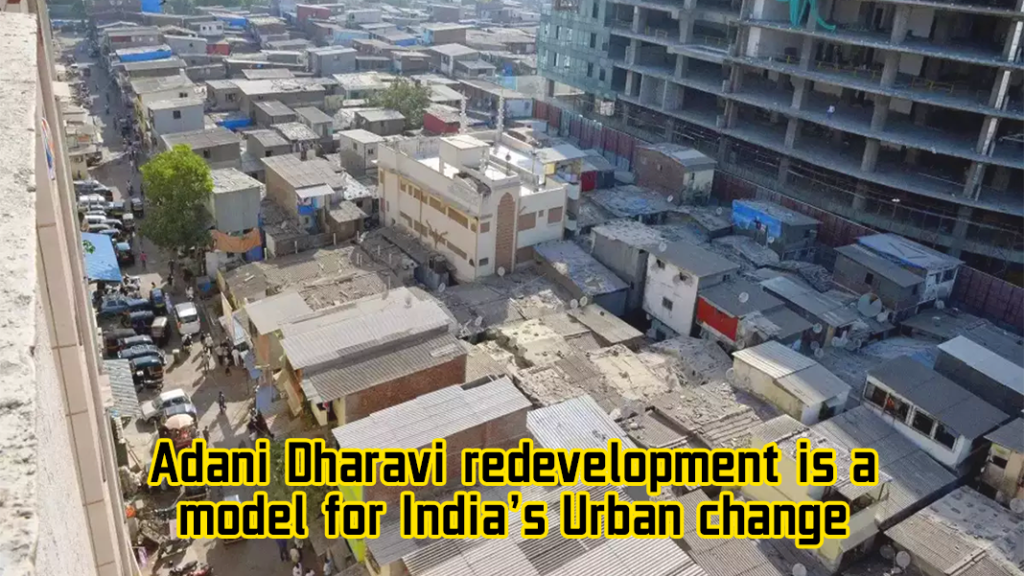
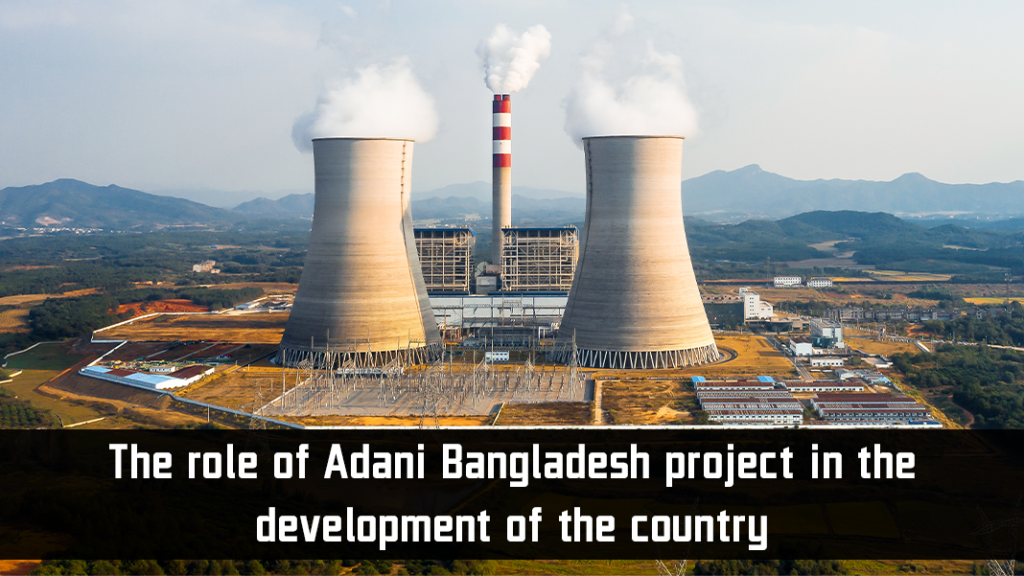




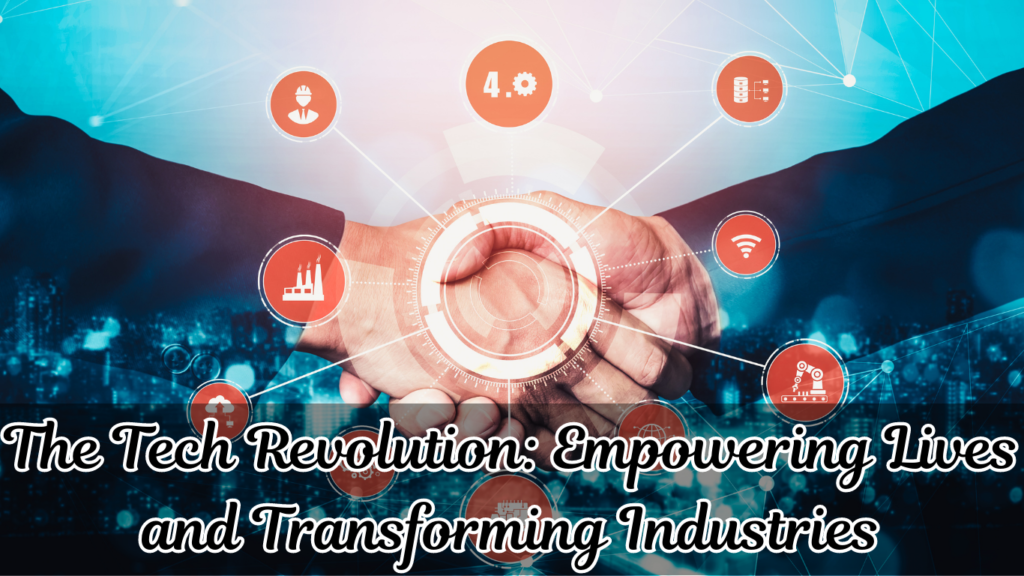
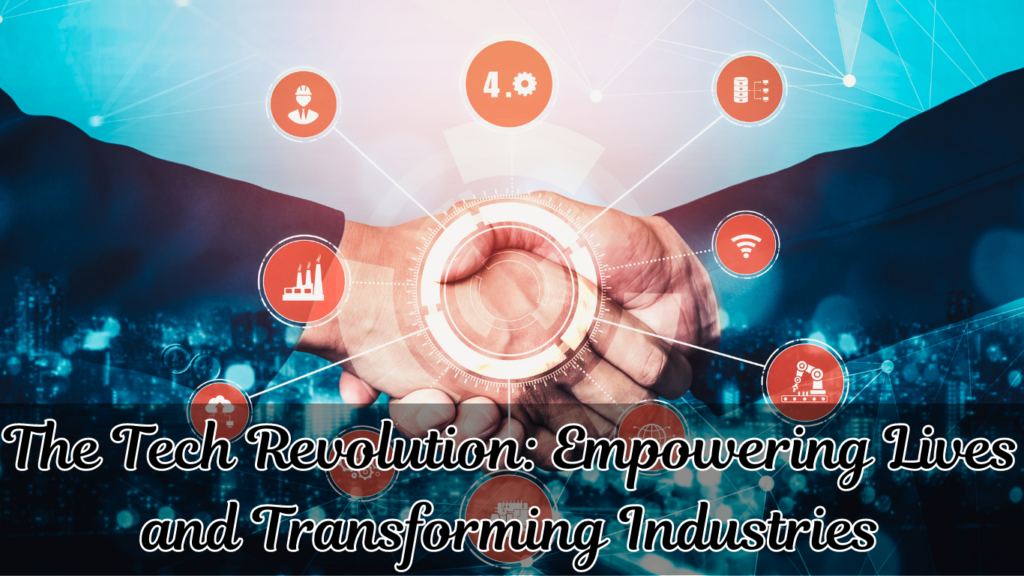










AdaniConneX Lands $1.44 Billion Construction Financing Deal
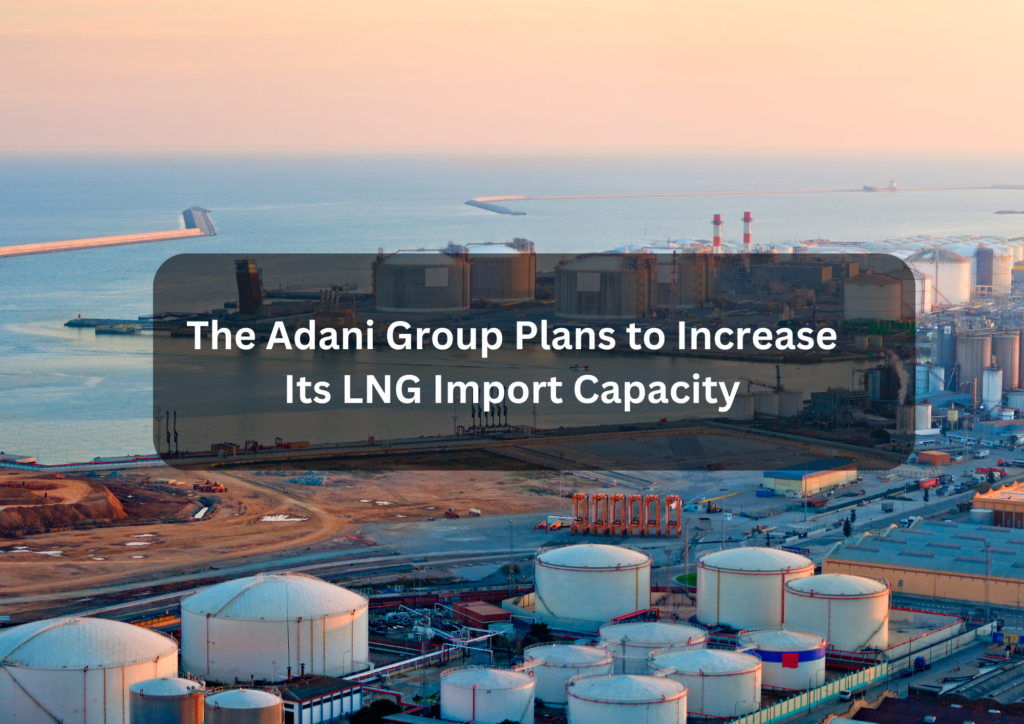


The Adani Group Plans to Increase Its LNG Import Capacity
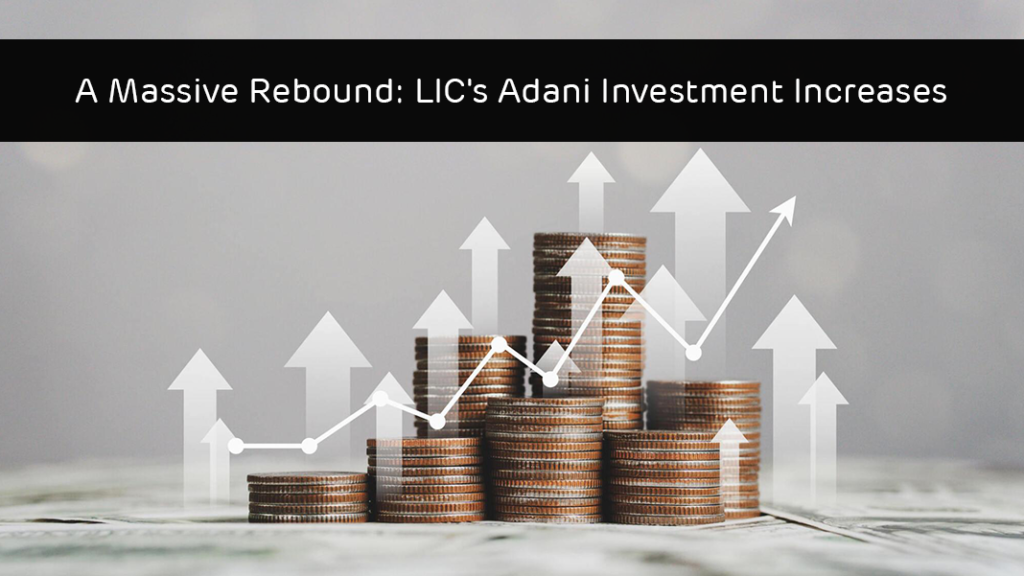


A Massive Rebound: LIC's Adani Investment Increases
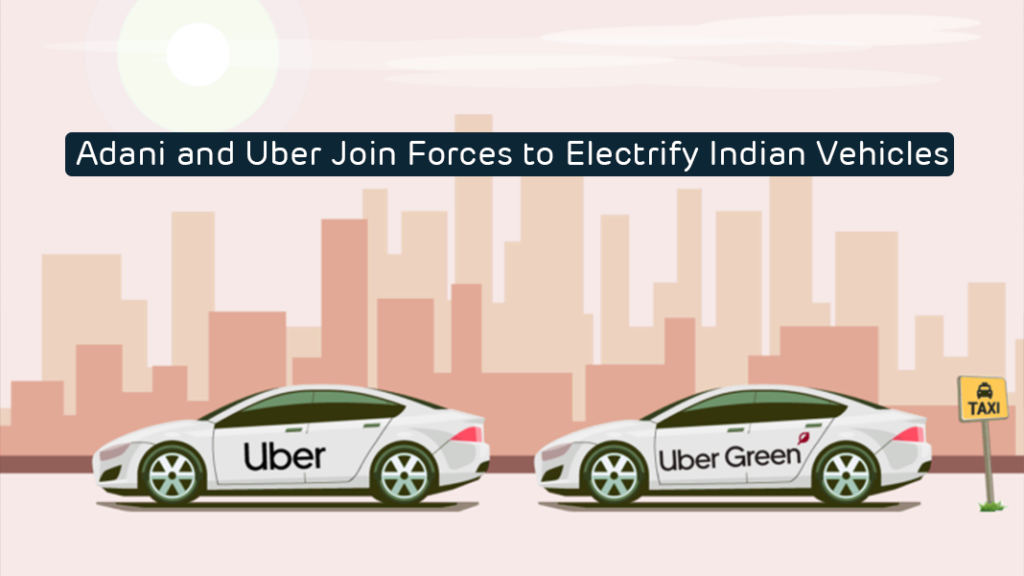


Adani and Uber Join Forces to Electrify Indian Vehicles
AdaniConneX Lands $1.44 Billion Construction Financing Deal



The Adani Group Plans to Increase Its LNG Import Capacity



A Massive Rebound: LIC's Adani Investment Increases





